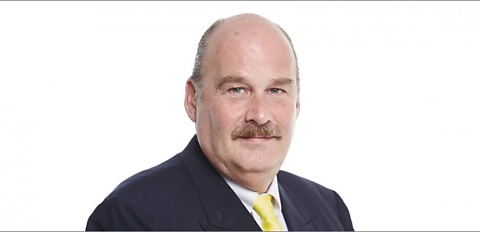On Tuesday (23 May), the Victorian government released its state budget 2023/24, revealing plans to abolish stamp duty for commercial and industrial properties and replacing it with an annual property tax.
It’s a move that it said will inject $50 billion into the state’s economy by encouraging business growth.
From 1 July 2024, commercial and industrial properties will transition to the new system as they are sold, with the annual property tax to be payable from 10 years after the transaction.
Under the new system, the first purchaser of a commercial or industrial property after 1 July 2024 will have the option to choose to either pay the property’s final stamp duty liability as an upfront lump sum or opt to pay fixed instalments over 10 years equal to stamp duty and interest with a government-facilitated transition loan.
Real Estate Institute of Victoria (REIV) chief executive Quentin Kilian said the announcement showed the government is listening to the sector’s needs.
However, Mr Kilian said he would “review the announcement fully”, taking particular interest in any increase in ongoing property ownership costs and how they might impact capital flows in the commercial sector.
“Stamp duty is a significant barrier to property investment and for as long as it remains in the residential property sector, millions of aspiring home owners and thousands of everyday mum and dad investors are impeded, which creates a significant negative ripple effect on the rest of the market,” Mr Kilian said.
“We look forward to continuing conversations with the government, and other political representatives, as they engage the property sector on the creation of better policy for the sector.”
Stamp duty reforms
The annual property tax is set at a flat rate of 1 per cent of the property’s unimproved land value. Once a property enters the new system after this time, stamp duty will never again be payable on a transaction and the annual property tax will apply.
The arrangements will not apply to the current owner of any commercial or industrial property purchased before the middle of next year.
By eliminating upfront costs associated with commercial and industrial buildings, the Victorian government hopes to facilitate easier establishment and growth for businesses, ultimately boosting economic activity, job creation, and overall prosperity.
Victorian Treasurer Tim Pallas said the “landmark reforms” would enable businesses to become “more dynamic, agile, and to grow and employ more workers”, leading to increased employment opportunities.
“Business and industry have told us they want this reform and we’ve listened,” Mr Pallas said.
The government will consult with business and industry in coming months, with the final form of the transition to be detailed by the end of the year.
The move formed the centre of an Economic Growth Package announced in Tuesday’s (23 May) Victorian budget 2023/24.
Alongside stamp duty reforms, the Treasurer announced it was increasing the payroll tax threshold and abolishing business insurance duty to support business growth.
While the state’s budget unveiled a boost for business, there was little towards the residential housing sector and rental market, with a $68 million boost towards homelessness and social housing.
The budget announced $68 million to deliver a Housing First response including housing and support services for those rough sleeping and experiencing homelessness as well as $33 million towards housing young people with complex needs and $9.1 million for people with a disability.
[Related: Vic stamp duty review welcome: REIV]

